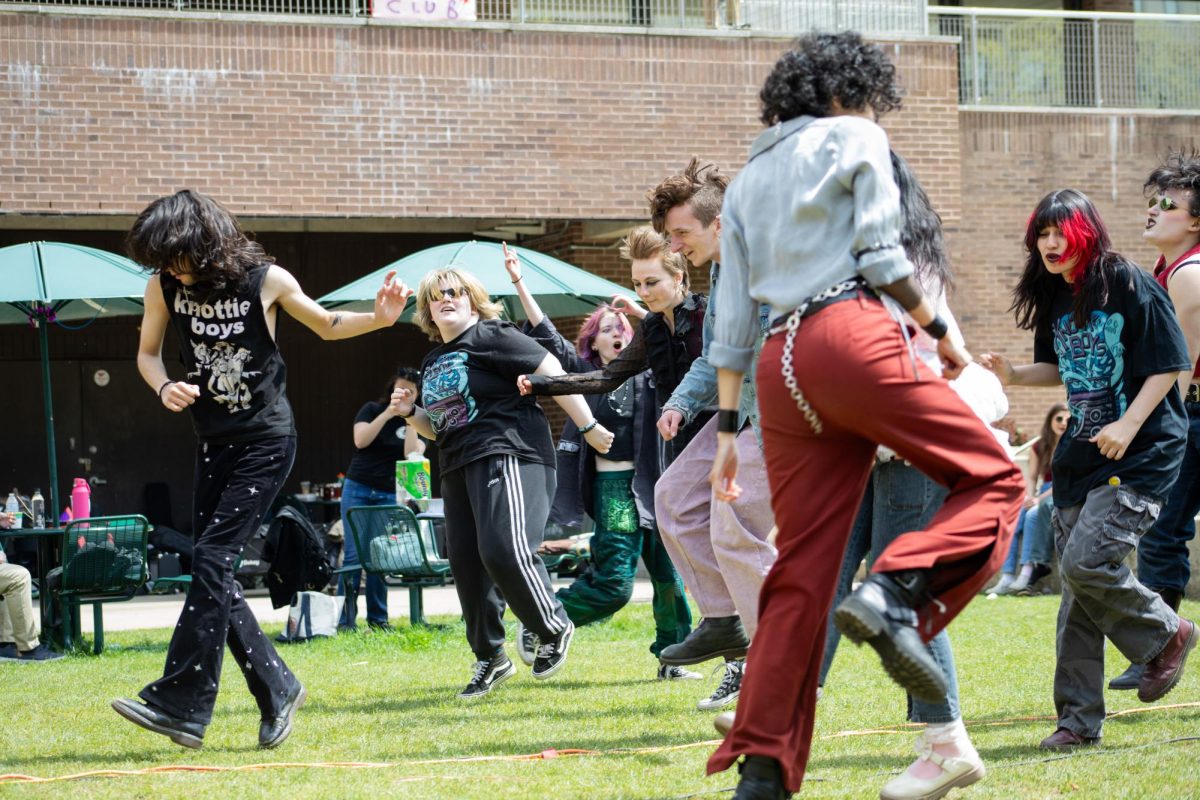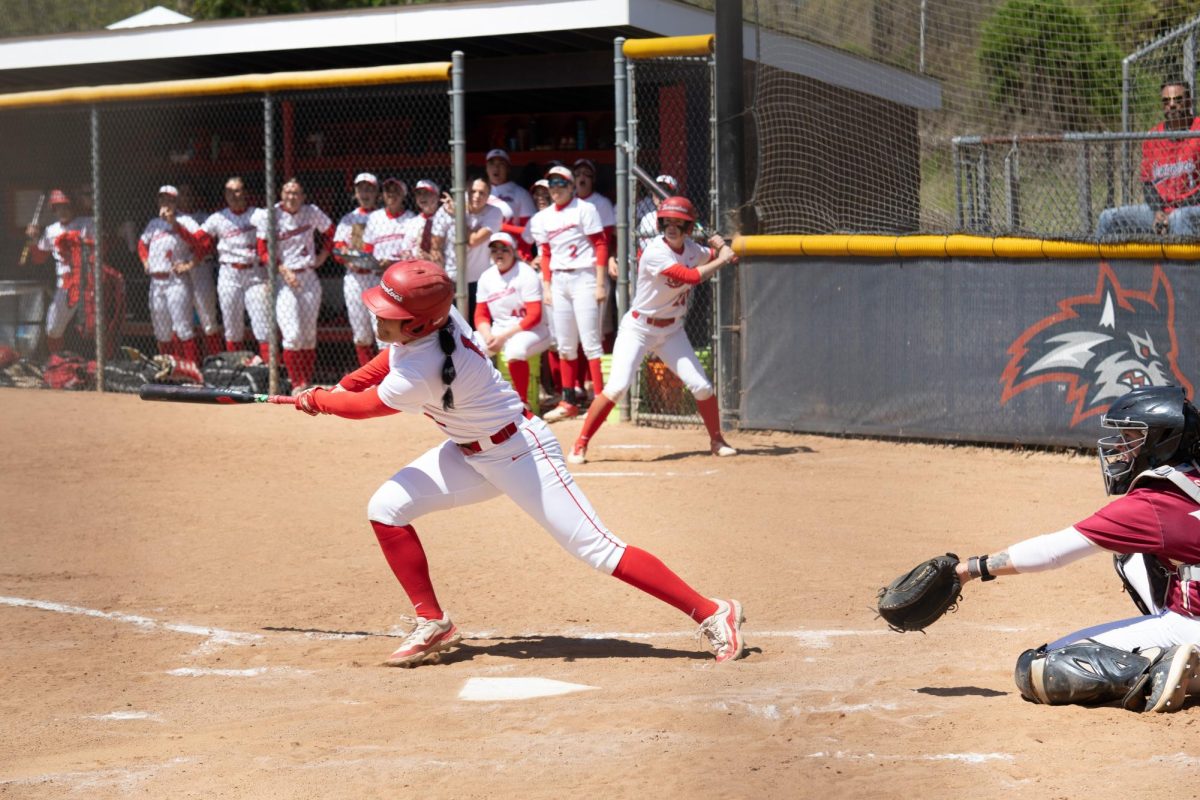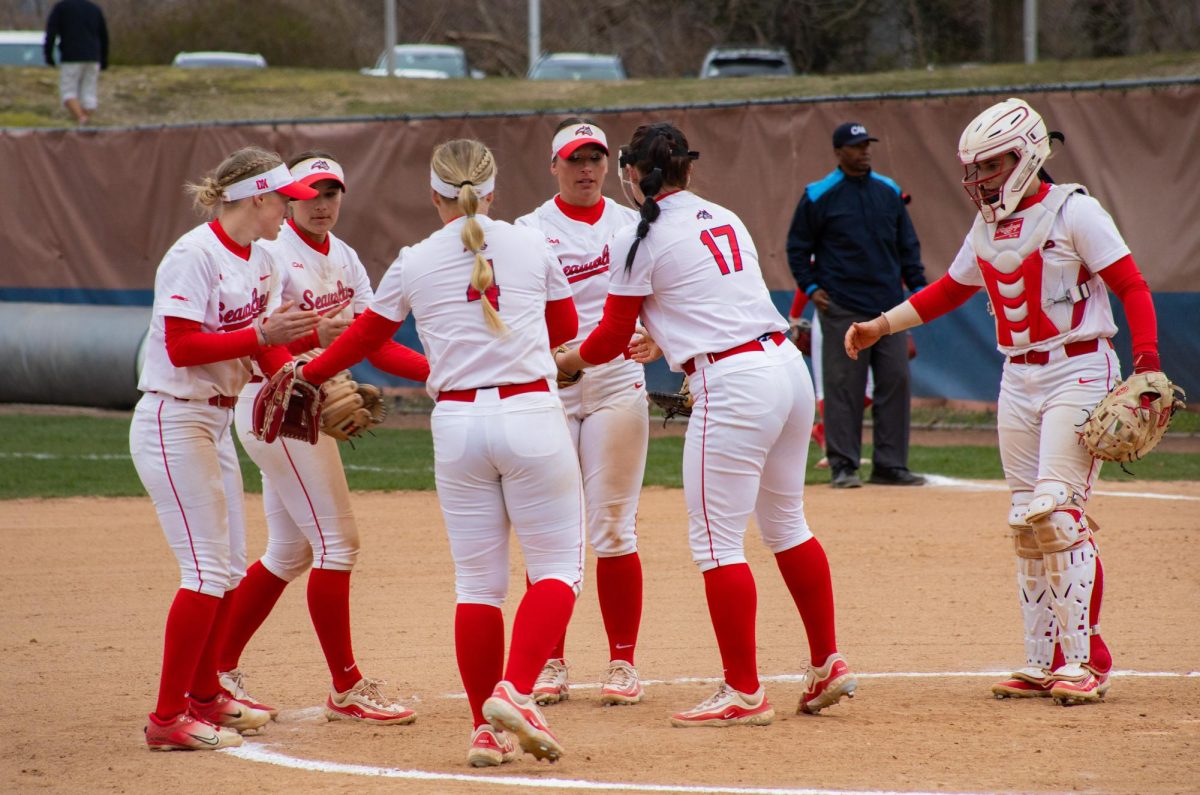
“Tax the rich,” “end the wars,” “support democracy” and “end corporate control of our country” are some of the most popular demands of the Occupy Wall Street movement, which is now world-wide and growing closer to campus.
As the series of demonstrations enters its sixth week larger than ever, more students seem to be getting involved and a group called Occupy Stony Brook is starting to organize on campus.
On Oct. 5, students from several SUNY campuses walked out of class in support of the movement. In the same week, students and community residents started a weekly demonstration nicknamed Occupy Port Jefferson just five miles away from campus. And most recently, the Occupy Stony Brook group has been trying to gather support for the Wall Street protesters.
“Survival in this country is becoming precarious. The situation is not sustainable,” said a Stony Brook political science graduate who, like many protesters, asked not to be identified.
Occupy Stony Brook does not have a leader and appears to be having trouble getting organized. The group first met two weeks ago, but because of the rainy weather last week, the second meeting did not have a good turnout. A new meeting has been scheduled for this Monday, Oct. 24, at 5:30 p.m. at the Student Activities Center, according to another political science graduate and member of the group who also asked not to be named.
The student said it’s hard to get people together at Stony Brook because of schedule conflicts and students’ political apathy.
“The biggest hurdle is working on getting organized,” he said. “Students are very apolitical.”
On its Facebook page, Occupy Stony Brook calls itself “a people movement” to fight “political apathy at Stony Brook.”
“This is not an official group. There is no official group. This is just a place for discussion and connecting with others. No one person can speak for thousands,” the group description reads.
Inspired by the Arab Spring, demonstrators have taken Zuccotti Park in New York to protest against corporate greed using the slogan “We are the 99 percent.” The movement supporters say that one percent of Americans has the same total income as the other 99 percent combined.
Matthew J. Lebo, a political science professor at Stony Brook, thinks it’s difficult to “dismiss or criticize” the movement but he said college students, in particular, have a legitimate worry.
“Students are worried about the lack of opportunities when they graduate,” he said. “Unemployment should worry college students more than anyone else.”
An Associated Press-GfK poll showed last week that 37 percent of Americans support the Wall Street protests. Some of the famous celebrity supporters include Yoko Ono, Kanye West, the band Radiohead, Michael Moore, Congresswoman Nancy Pelosi and former president Bill Clinton.
The movement does not please everybody, however. Rachael Doukas, president of Stony Brook Young Americans for Freedom said she doesn’t support Occupy Wall Street because she disagrees with their demands.
“I think at this point it has gotten to be ridiculous and it is costing the tax payers a lot of money that they don’t have,” Doukas said. “The demonstrators are calling for the end of capitalism but capitalism is what has made our country so unique and great.”
At Occupy Port Jefferson on Saturday afternoon, a Tea Party supporter was standing a few feet away from the crowd of protesters, handing out anti-pacifist fliers. Robert Rein said that although he agrees that corporates should pay their share, he thinks the movement is “another form of anarchy.”
“Occupy Wall Street came out of frustration and possibly out of alienation,” said Rein, a retired teacher and Mount Sinai resident. “They’re not only promoting class warfare but hate warfare too.”
Rein’s solo demonstration did not threaten Port Jefferson’s “occupiers,” who said they want the government to have more control of taxpayers’ money.
“Corporates have too much control of our country,” said Bob Marcus, a demonstrator from North Country Peace Group. “They control the country through their influence on Congress.”
Many protesters have said they’re disappointed at President Barack Obama’s administration. Marcus said Obama “compromises too quickly with conservatives.”
Occupy Wall Street has been largely supported by the activist-hacker group Anonymous, which may be the inspiration for many protesters to ask not to be named in interviews. Demonstrators across the country are often seen wearing the Guy Fawkes masks from the comic book and film “V for Vendetta.”







